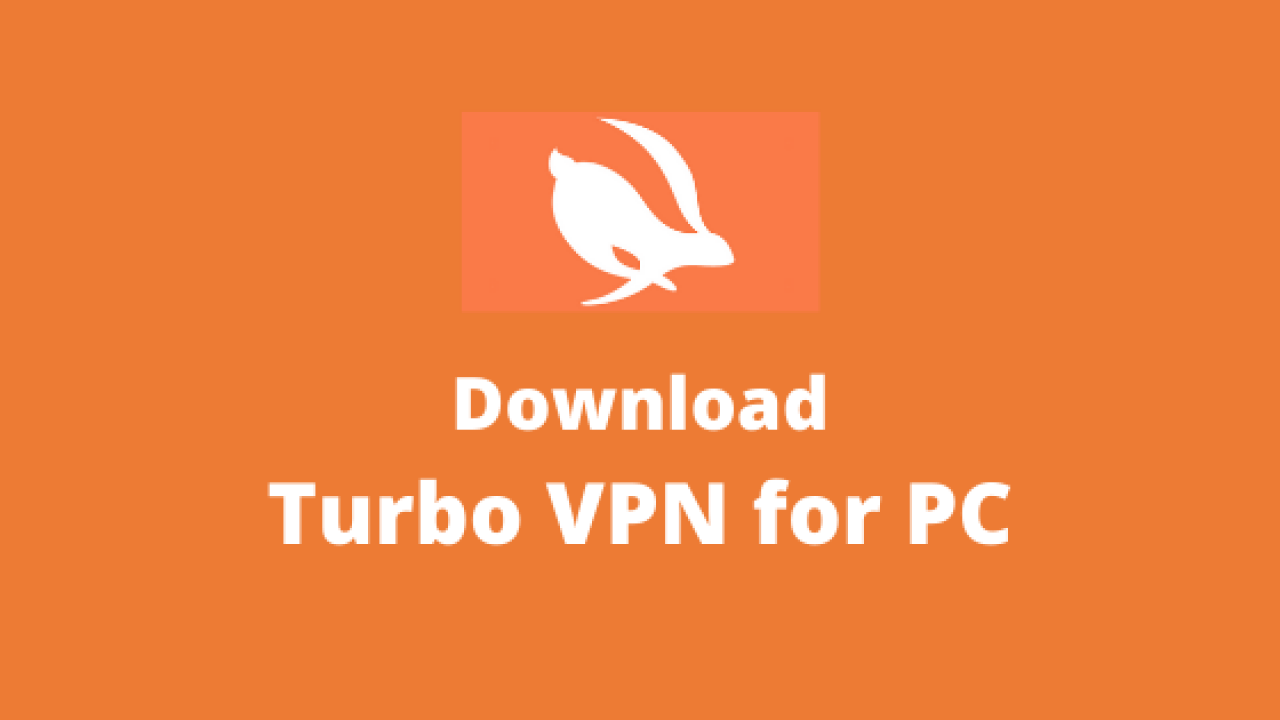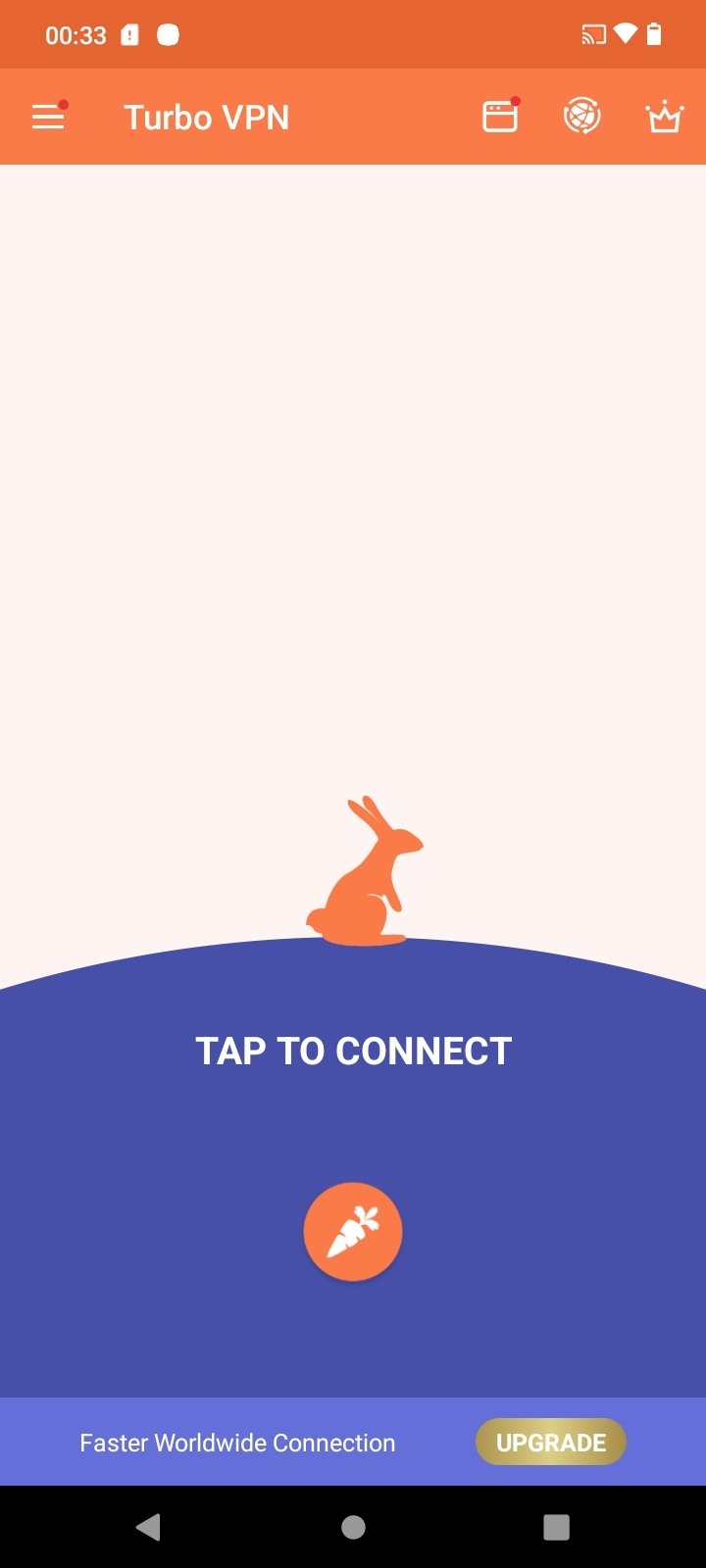

The client doesn't have a kill switch, but we were hoping it might at least warn us about a dropped connection and try to reconnect. As the client doesn't display its preferred country, you'll only realize there might be an issue if speeds drop significantly. As we were testing from the UK, we expected this to allocate us one of the UK servers, but we were often connected to the Netherlands, and a couple of times we even got an Indian IP. The client's 'Optimal Location' setting wasn't always as expected. Sometimes the client told us it had connected, but we couldn't access any website, and had to close the connection and try again. Occasionally they were just a few seconds, but often we'd be waiting for thirty seconds or more. In real-world use, we found connection times could be a problem. Again, that's most unlikely to be an issue, but it's not as strong as the AES-256-GCM and WireGuard connections used by many VPNs. This wasn't set up in a way that made it easy to inspect, but we noticed it used AES-128-CBC encryption. We upgraded to the paid version and checked out OpenVPN. This is still considerably better than nothing, but it's just not ideal. And IPv6 is enabled, leaving the chance of an IPv6 leak. The connection is set only to 'require encryption', not the 'maximum strength encryption' used by the best providers. That's a fair choice, but it wasn't configured quite as well as we'd like.
#Turbo vpn apk cracked free
The free version didn't allow us to set a protocol, but we found it connected via IKEv2. Settings are limited to a choice of protocol - IKEv2, OpenVPN, V2ray - and interface language (English, Russian, Spanish, Ukraine.) There are no protocol tweaks, no autoconnect, no DNS controls or anything else.
#Turbo vpn apk cracked windows
You can choose from three VPN protocols in the Windows app's settings menu (Image credit: Turbo VPN) Until the company gets some way down that path, we'd recommend treating its claims with extreme caution. Oh, and come up with its own contracts and small print. Build a track record showing its competence and honesty, and sign up for regular, in-depth and public security audits. Fund open-source privacy projects, maybe. Begin a blog where it can show its security knowledge and credentials. If Turbo VPN wants to be taken seriously, it needs to demonstrate that. No harm done.' And that might be true, but it still means we have very few reasons to believe what the company is saying, and some very good reasons to be suspicious. 'It's difficult to set up a quality terms page, so, oh, I know, let's 'borrow' this one.

Unfortunately, the document is also a very close match for this classic old PureVPN Terms page: 'This is an agreement between you and for virtual private network communications services, related services and features It is NOT a service for the commission of criminal acts.'Īlthough Turbo VPN adds its own text later, around the first 500 words are mostly taken from the older PureVPN page, with the company names changed (compare Turbo VPN's page and PureVPN at the Wayback Machine.) It is NOT a service for the commission of criminal acts.' Nice.

Take the opening lines, for instance: 'This is an agreement between you and Turbo VPN for Virtual Private Network (VPN) communications services, related services and features. This reads better, but is it genuine, or has Turbo VPN simply rewritten it because we spotted their use of ExpressVPN text last time? There's maybe a clue in the Terms of Service page, which also looks extremely familiar.

Email address when you sign up, device ID codes to determine if you're using the free or paid plan, aggregated performance data (speed tests, connection failures) which aren't linked to your account. The policy highlights some data collection, but nothing you wouldn't expect. This time the text is more straightforward, starting with a lengthy list of details the company doesn't collect: browsing history, traffic destination, data content, DNS queries, incoming IP address when you connect, server IP address you're allocated, connection timestamps or session duration. And that's very good news, as we found it was a mix of statements lifted from ExpressVPN's privacy policy, combined with vague and confusing nonsense which we struggled to understand at all. Turbo VPN has completely rewritten its privacy policy since our last review. Turbo VPN has completely rewritten its privacy policy (Image credit: Turbo VPN) Privacy


 0 kommentar(er)
0 kommentar(er)
